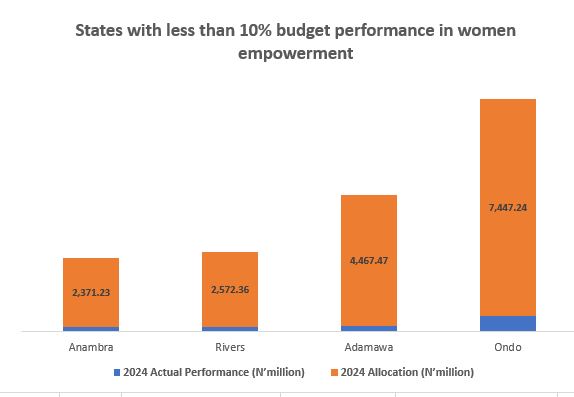Despite its announced ambition to grow its oil production figures to about 250,000 barrels per day, the Nigeria Petroleum Development Coopration (NPDC), a wholly owned subsidiary of the Nigeria National Petroleum Corporation (NNPC) is unable to take advantage of the multibillion dollar deals that could it hit that mark and boost its revenues.
Analysts say the NPDC, as presently constituted lacks ambition and is plagued low expectation for productivity and profitability, which has made it unable to vie for the big divestment deals in the Nigerian oil and gas sector or compete against wholly private sector led companies operating in the Nigerian oil and gas sector.
There are several oil assets currently on sale in the Nigerian oil and gas industry. While several local foreign and private companies have been linked with these deals, the NPDC is never mentioned among potential buyers.
Currently, China’s Sinopec Group is selling its Addax’s onshore and offshore oil and gas production sites in Nigeria and Gabon according to a Reuters report in December. Bankers expect the Nigeria and Gabon assets to sell for about $1 billion. Several names have been linked with the potential purchase of the assets but NPDC is not among them.
NPDC is not also in the race to acquire stakes from Brazil’s Petrobras in two Nigerian lucrative fields, where it holds a 16 percent stake in the Akpo field and a 13 percent stake in the Agbami field. The Petrobras deal entered the critical stage last weekwhere bidders got instruction to proceed with due diligence and to present the binding proposals.
But these are even recent deals; asset divestments by International Oil Companies have largely eluded NPDC. Instead indigenous players like Seplat, Oando among others have shown the much needed financial muscle to acquire these assets while the NPDC watched on the side lines.
“They have no money,” says Dolapo Oni, head of energy research at EcoBank on why the NPDC has been so passive in the face of the mega deals happening in an industry they are supposed to be a big player.
“They’re still owing for the ones NNPC allocated to them.”
Rafiq Raji, chief economist at Macroafricaintel, feels the same way.
“First, does NPDC have the funds to make big ticket investments at this time? Second, how attractive are these divestments?”
The December 2017 monthly report of the NNPC shows that NPDC’s currently daily average production stands at 90,548 barrels per day. This accounts for just 4.8 percent of the country’s total production for the first 11 months of 2017. This shows that NPDC is still a marginal player in the Nigeria oil and gas sector. But the target for NPDC, as stated in the December monthly report, is to ramp up production to 250,000 barrels per day. But the company’s ambition is even bigger if its managing director is to be believed.
Yusuf Matashi, the company’s managing director said last year that NPDC is poised to grow its equity production from 180,000 barrels per day to 300,000 bpd by 2018 and by 2019 and 2020 its production is expected to hit 400,000 bpd and 500,000 bpd. It is already three months into 2018, there are no signs that NPDC would achieve this self-imposed target.
Sources in the oil and gas industry say the target set by NNPC for its subsidiary NPDC looks overly ambitious considering that the NPDC has shown no appetite for the deals that are taking place in the industry that could help it reach that target. Analysts also note that it is not even clear if the company is investing enough to replace its oil assets since it is acquiring new ones.
NPDC looks to be failing while privately managed firms like Seplat are excelling. Seplat, which is listed on both the Nigerian and London stock exchanges recently announced that it made full year sales of US$174m, which is up 318 percent when compared with sales in 2016. The company also announced profit before tax of US$46m after seeing a 900 percent in oil sales. Seplat is one of the best performing stocks on the Nigerian Stock Exchange.
Sources in the oil and gas industry say it is baffling that that joint venture partners operating the same assets as NPDC declare profits while NPDC continues to record losses and cannot even repay the cost of assets already divested to it.
“Whatever money they make is sucked into NNPC which is making losses on downstream refineries and headquarter funding of subsidies” explains Dolapo Oni.
The NPDC has 55 per cent equity in nine blocks of Oil Mining Lease (OML) 4, 26, 30, 34, 38, 40, 41, 42 and 55; Non-equity operations in three blocks of selected NNPC Joint Venture fields; 60 per cent participatory interest in four blocks of OMLs 60, 61, 62 and 63 and 100 per cent ownership of seven blocks of OMLs 11, 13, 64, 65, 66, 111 and 119. It is involved in 29 concessions which comprise 22 OMLs and seven Oil Prospecting leases.
ISAAC ANYAOGU







